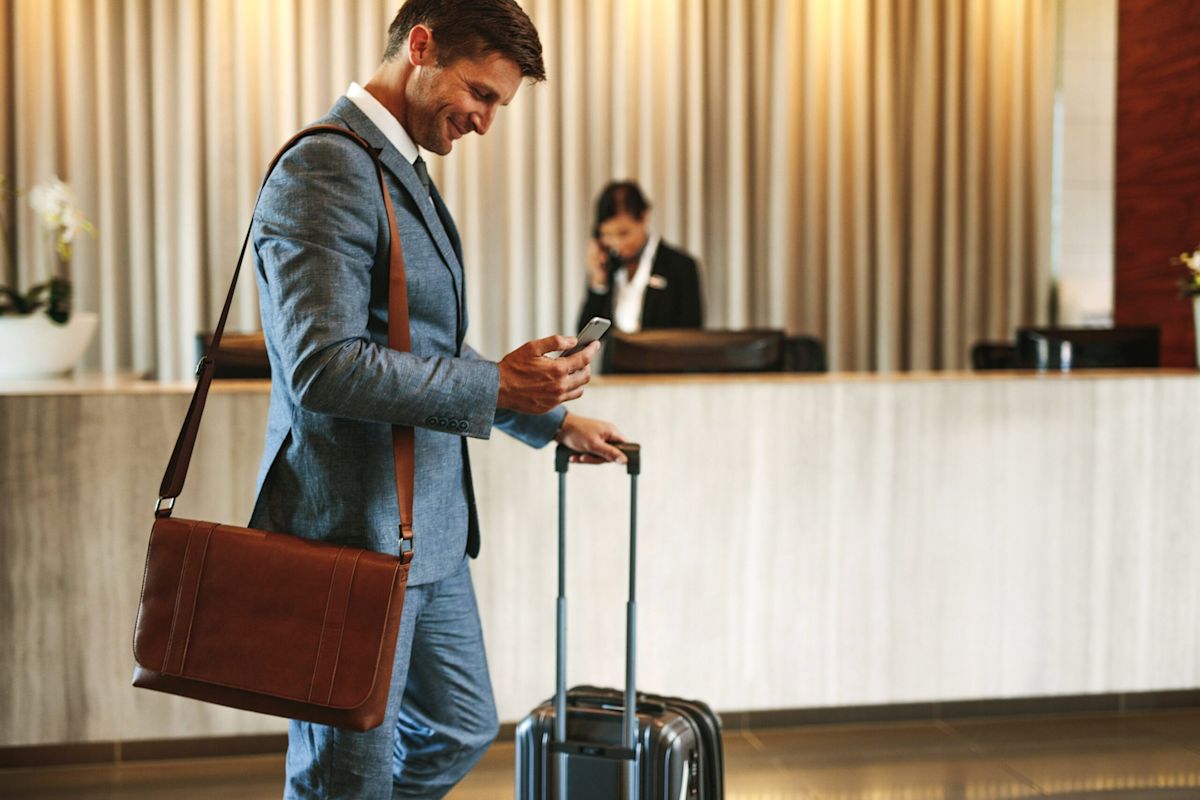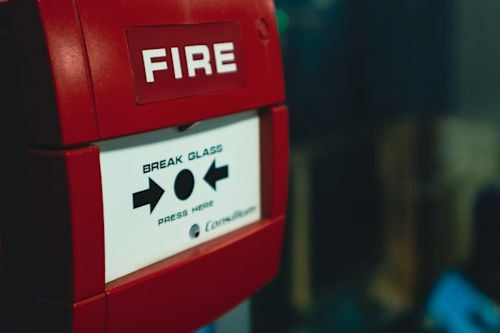
The Covid-19 pandemic has reshuffled the cards of health and safety within the hotel sector. New standards must be adopted. Professionals are obliged to rethink their way of working to protect their employees and their clients.
Transforming Guest Reception
Just like the hospital care sector, the restaurant and hotel industry is subject to prolonged contact with customers. Both clients and employees may have varying health conditions, representing a significant health risk. The adoption ofadditional health and safety measureswill help protect your business.
The health crisis has imposed a disruption in customer relations. Hospitality businesses have had to implement barrier measures, social distancing, mandatory mask-wearing, etc. These new routines have completely changed customer relations. Tools are available to help sector players adapt to their new relationship with clients.
Basic Health and Safety Measures
Even though there are no strict regulations regarding hygiene in the hotel sector, unlike in restaurants, certain standards are essential.
Control of Smoking Areas
Legislation prohibits smoking in hotels. However, certain areas may be designated for smokers under certain conditions. The area must comply with legal requirements. The rooms must not be thoroughfares. Ventilation is essential. Finally, it is mandatory to indicate with signage that the area is designated for smokers. It is important to include the smoking area in your establishment’s health and safety plan.
Regular Maintenance
Floors and furniture must be subject to a regular cleaning plan. Ancillary premises such as laundries, changing rooms, and storage rooms must also be included in a maintenance plan. Health and safety measures must coverall areas of your establishment.
Access to Drinking Water
Access to drinking watermust be guaranteed for clients. The hotel establishment is obliged to provide drinking water to its clients, either in the form of bottled mineral water or through a running water service. The hotel professional isresponsible for the quality of the waterprovided. Depending on each prefecture, regulations regarding drinking water may evolve. This access must be secured from a health perspective, notably with regular cleaning and the provision of hand sanitizer.
Post Covid-19 Government Guidelines
All professionals in the hotel and restaurant sector remember the exceptional health measures imposed by the Government during the pandemic. The authorities have established anew post Covid-19 protocolfor the HORECA sector. The aim of these standards is to limit the spread of the virus in France.
Barrier Measures
Hotel professionals must adaptbarrier measuresaccording to the level of virus spread in their department. Depending on this criterion, it may be essential to reintroduce mask-wearing and reinstall protective screens.
It is recommended to keephand sanitizeravailable for hand disinfection during interactions at reception. It is also recommended to place sanitizer dispensers in strategic locations: elevators, corridors, restrooms, etc. Signage encouraging contactless interactions is also important to reduce the risk of virus transmission through skin contact.
It is also important to promoteflow managementto reduce crossings and interactions between hotel guests in public areas, corridors, and also in dining rooms. It is thus possible to create one-way traffic by distinguishing between entry and exit flows.
Promote Room Ventilation
The best way to remedy stale air is to ventilate common rooms for about 10 minutes every hour. Ventilation is an essential means to naturally limit the spread of viruses in the air.
Plan Regular Surface Maintenance with the Right Products
It is very important to create ahotel maintenance plan. Your team must use cleaning and disinfecting products that are effective against Covid-19 and suitable for the hotel sector. To this end, many industry professionals offer certified products.
Developing an Action Plan
Washing and Disinfection Protocol
Implementing awashing and disinfection protocolallows you to clearly establish the tasks to be performed to clean a hotel. This protocol must be accessible to all employees as well as to authorities in case of inspection. It is therefore recommended to display it in theback office. This plan must specify the distribution of tasks, frequency, equipment, and necessary products. At the same time, it is essential to display theinstructions for using cleaning and disinfecting products.
Appointing a Cleanliness Officer
To ensure proper compliance with the washing and disinfection protocol, it is recommended toappoint a cleanliness officerwithin the hotel establishment. This person monitors the various points of the protocol and reports any issues regarding their implementation to their manager.
Relying on Experts
It is possible for HORECA professionals to seek support from HACCP experts:Hazard Analysis Critical Control Point. In French: Système d’analyse des risques et maîtrise des points critiques. These professionals are there to help you establish your washing and disinfection protocol. They rely on current legislation and the characteristics of your hotel establishment todefine the best action planto optimize health and safety. Quarterly audits may be set up with experts to monitor your team’s progress in implementing this plan.
The Covid-19 pandemic has forced hotel professionals to adopt new routines to ensure an optimal level of health and safety within their establishments. Implementing a washing and disinfection protocol combined with barrier measures helps protect the health of clients and employees. The issues raised by the pandemic are not limited to the HORECA sector. Tourism as a whole must be rethought.



